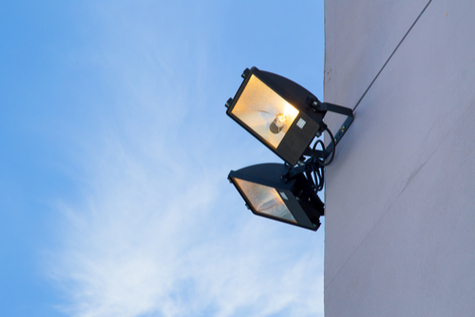
When you first move into your new home there are a number of things you could do to make it more secure, as we explain here.
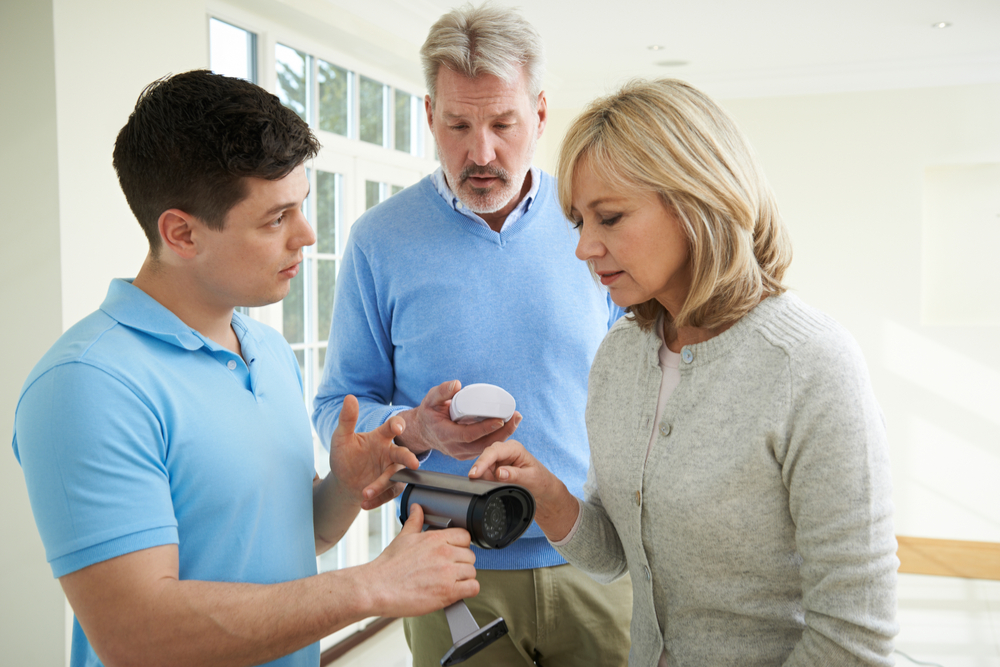
Locks
If you’re buying a property that isn’t a new build, it’s recommended that you get your locks changed from the previous owner.
The main types of door locks used on residential properties are:
- Deadbolts
- Door Knob Locks
- Mortise Locks
- Euro-Cylinder Locks
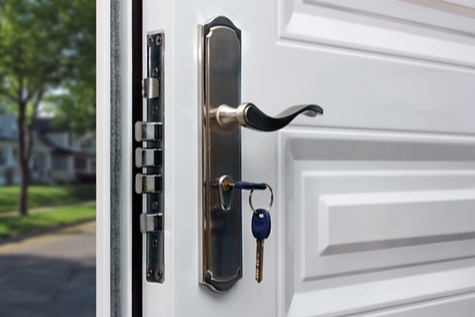
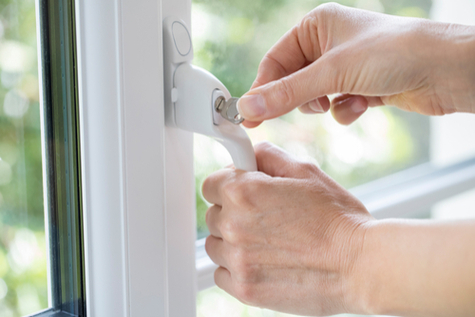
It’s not just your front door that you should ensure is fitted with the most appropriate lock. This applies to your windows (the type of lock required will depend on the style of window) and any other entrances onto your property. This includes garden gates that open onto passages, fields or roads – a bolt and padlock is ideal for this.
You should also always keep all doors and windows locked at all times, even if you’re only in the garden. Door keys should always be hidden out of view.
Burglar alarms
Having a burglar alarm could reduce your chances of being targeted by burglars.
There are four main types:
Bells-only alarms
These are the most popular type of alarm and are often the cheapest. If the alarm is triggered an alarm will sound but you won’t be notified. Statics show that 1 in 3 bells-only alarms are unnoticed or unactioned when they go off. You can buy these alarms in DIY stores and you won’t have pay a monthly/annual fee.
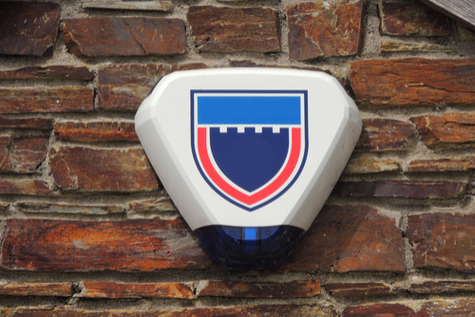
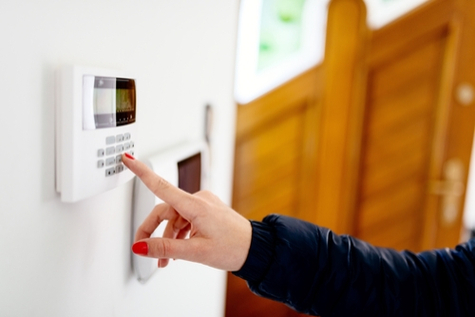
Dialler burglar alarms
Also known as auto-dialler alarms, these are relatively easy to install. As well as an alarm sounding, your phone number will automatically be dialled if the alarm is triggered. You can then investigate, or ask a friend or neighbour to investigate or contact the police.
If you don’t pick up, the second number in a pre-determined list of between 3 and 10 numbers will be called. This type of alarm can be bought in DIY stores and you won’t have pay a monthly/annual fee.
Smart home-security systems
The alarm will sound and you’ll be contacted via an app on your smartphone or tablet. You’ll be able to view images of your home so you can monitor what’s happening inside your home from where you are. The alarm system can be armed and disarmed from your smartphone or tablet and you can part-arm so that you can set the alarm for some zones of your home and not for others, ideal for when you’re in but want the extra security an alarm gives you.
You should be able to install it yourself as they’re usually wireless systems, although you may want to get it professionally installed. This type of burglar alarm can cost £200 for a basic system and you’ll probably need to buy extra detectors, however, it can usually link up with any existing CCTV cameras you may have, and you won’t have to pay a monthly/annual fee.
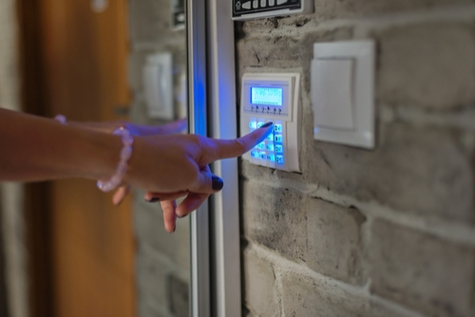

Monitored alarm systems
With this type of system, you pay a monthly or annual fee for either a keyholder or police response which operates 24 hours a day, 365 days a year. When the alarm is triggered the monitoring company will either contact the keyholder or the police directly, as well as contacting you.
The keyholder will live within twenty minutes of your address so that they can be at your address quickly and review what’s caused the alarm to be triggered. This type of alarm can be the most effective deterrent, with 93% of reformed burglars admitting that a monitored alarm system would have put them off.
Monitored alarm systems often come with smoke and poisonous gas detectors. They can be controlled from your smart phone and tablet.
Which type will be best for you will depend on your budget, your location and what kind of response you’d like. You’ll also have to decide whether to opt for a wired system or a wireless one. Wired systems tend to be cheaper to buy but you will probably need help with installation and they can be less aesthetically pleasing.
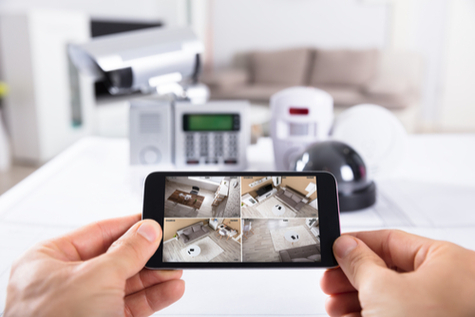
CCTV
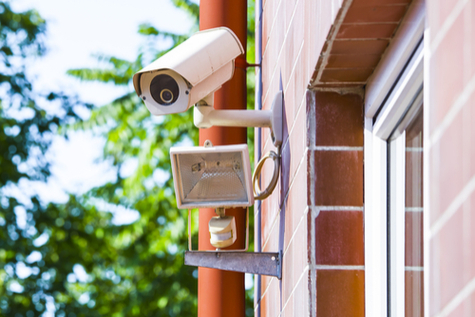
You can get CCTV on its own but it usually is most effective when combined with a burglar alarm. Cameras range in price from £20 - £450 but you’ll also need connectors and a digital video recorder (DVR) or PC hard drive to store the images.
When deciding on which CCTV camera/s to buy, make sure that the images captured are clear. If your home was targeted, you’d want the images to be useful to the police so they can catch those responsible.
Security Lights
Getting motion-sensor security lights fitted to the outside of your home or around the perimeter will provide you with added peace of mind that any potential intruders will be deterred from trying to get onto your property under the cover of darkness.
The real deterrent is the fact that they might be seen, either by you or by your neighbours, so it’s important you give yourself the best chance to see anything once the light comes on. Combining with other security devices such as CCTV is therefore recommended.
